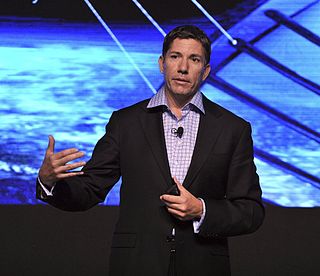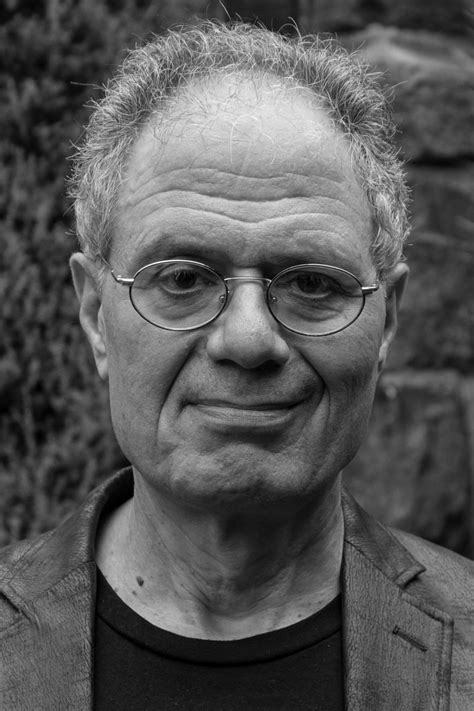A Quote by Immanuel Wallerstein
For the other end of the spectrum, the 50 to 85 percent of the world's population who are not the recipients of privilege, the world they know is almost certainly worse than any their earlier counterparts knew. It is likely they are worse off materially, despite the technological changes. In substantive as opposed to formal terms, they are more, not less, subject to arbitrary constraints, since the central mechanisms are more pervasive and more efficient. And they bear the brunt of the various kinds of psychic malaise, as well as of the destructiveness of civil wars.
Quote Topics
Almost
Any
Arbitrary
Bear
Brunt
Central
Certainly
Changes
Civil
Civil War
Constraints
Counterparts
Despite
Destructiveness
Earlier
Efficient
End
Formal
Kinds
Knew
Know
Less
Likely
Malaise
Mechanisms
More
Off
Opposed
Other
Percent
Pervasive
Population
Privilege
Psychic
Since
Spectrum
Subject
Substantive
Technological
Technological Change
Terms
Than
Various
Wars
Well
World
Worse
Related Quotes
It is remarkable, but on the whole, perhaps, not to be lamented, that the world is so unkind to a new book. Any distinguished traveler who comes to our shores is likely to get more dinners and speeches of welcome than he can well dispose of, but the best books, if noticed at all, meet with coldness and suspicion, or, what is worse, gratuitous, off-hand criticism.
24.9 percent of American children live in poverty, while the proportions in Germany, France and Italy are 8.6, 7.4 and 10.5 percent. And once born on the wrong side of the tracks, Americans are more likely to stay there than their counterparts in Europe. Those born to better-off families are more likely to stay better off. America is developing an aristocracy of the rich and a serfdom of the poor - the inevitable result of a twenty-year erosion of its social contract.
The casualties in the Civil War amount to more than all other wars - all other American wars combined. More people died in that war than World War II, World War I, Vietnam, etc. And that was a war for white supremacy. It was a war to erect a state in which the basis of it was the enslavement of black people.
The reason for teaching history is not that it changes society, but that it changes pupils; it changes what they see in the world, and how they see it.... To say someone has learnt history is to say something very wide ranging about the way in which he or she is likely to make sense of the world. History offers a way of seeing almost any substantive issue in human affairs, subject to certain procedures and standards, whatever feelings one may have.
People vastly overestimate the ability of central planners to improve on the independent action of diverse individuals. What I've learned watching regulators is that they almost always make things worse. If regulators did nothing, the self-correcting mechanisms of the market would mitigate most problems with more finesse. And less cost.
Modernity is the ensemble of changes - intellectual, political, economic, social, cultural, technological, aesthetic - that have altered the world drastically since roughly the 17th century, until which time the world was, in the above respects, far less different from the world of any previous epoch of recorded history than it is from the world of today. The modern predicament is the set of problems these changes have bequeathed us.
We are not going to have a situation where our education spending goes back to its lowest level since the year 2000 despite a larger population and more kids to educate. We know that the single most important thing in terms of how well we can compete around the world is the quality of our workforce. We can't do that to our kids.






































